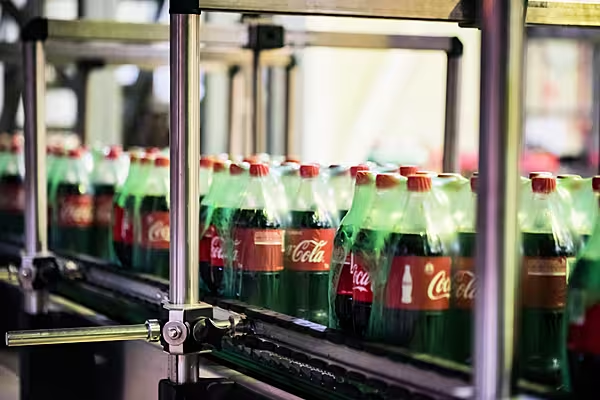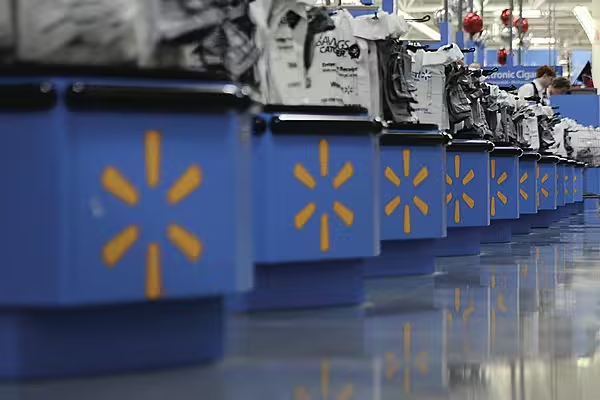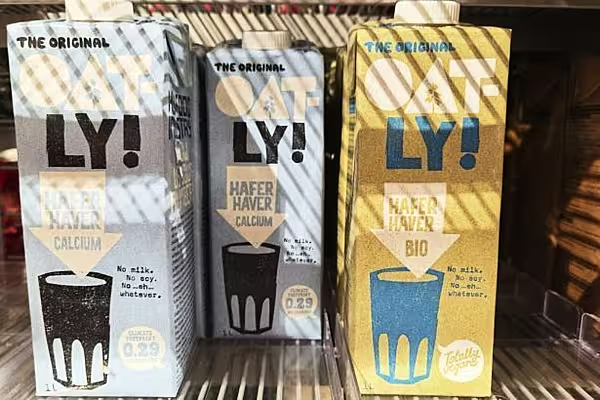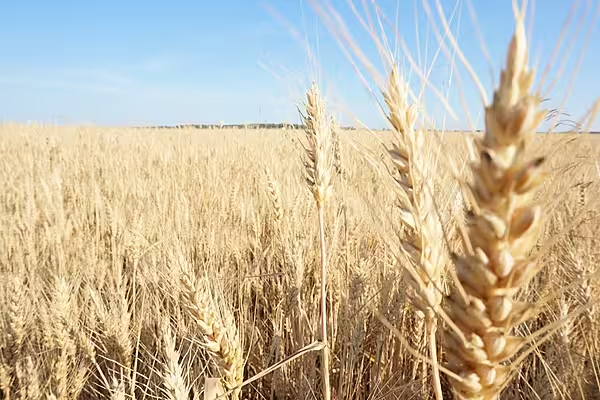Despite European, North American and Japanese companies exiting Russia over its actions in Ukraine, the impact on Russian consumers is minimal, although delivery times can be longer and some goods more expensive.
The main change has been to supply routes, but the products remain available both online and in stores. Buyers just need to know where to look.
The continued availability of certain brands shows the challenge companies face in controlling supply chains when exiting a market.
Online Marketplaces
As supply chains broke down, Russia legalised so-called parallel imports, allowing retailers to bring in products from abroad without the trademark owner's permission.
One ubiquitous Western product that market leader Wildberries and its peers Ozon and Yandex Market sell is Coca-Cola, often advertised as imported so buyers know it is the real thing.
While Coca-Cola stopped producing and selling drinks in Russia last year, others have been importing them, with labels on cans and bottles showing they have arrived from Europe, Kazakhstan, Uzbekistan and China.
One quirk of this arrangement is that prices vary. In one Moscow supermarket, three cans of Coca-Cola were on sale for three different prices, imported from Denmark, Poland and Britain respectively.
A senior employee at a major retailer explained how companies have adapted.
"Contacts were quickly established and new contracts with new partners signed, new money flows and logistical supply chains with Turkish, Polish and Kazakh companies were launched," he said on condition of anonymity.
Coca Cola is available from even more countries now.
"However, as usual, it is the buyer who pays more for these new inconveniences," the employee added.
Read More: Coca-Cola HBC Flags One-Time €190m Hit From Russian Operations
Wildberries also sells old stock from Inditex brands and has almost 17,000 goods in its Zara catalogue. A source close to Inditex said these were clearance stocks that were in Russia when it suspended activities there.
Wildberries did not respond to a request for comment.
'Friendly' Imports
As new routes are developed the extra logistics, travel and scaling costs will fall, and though trade remains relatively inefficient, these new relationships are here to stay, said Ram Ben Tzion, CEO of digital vetting platform Publican.
"The parallel importing mechanisms have been consolidated and expanded, meaning that pretty much everything is accessible and still will be in the future," Ben Tzion said, pointing to border truck queues and new entities springing up in nearby states.
"Coca Cola can easily notice the 'surge in demand' from countries neighbouring Russia, where most parallel imports come from," Ben Tzion said. "It is not in their interest to do anything about it."
Coca-Cola declined to comment.
Read More: Russian Soft Drinks Maker To Cut Back Investments, Hiring Over New Sugar Tax
"Friendly" countries not imposing sanctions have ramped up exports to Russia, their trade data shows. Russia itself has stopped publishing such figures.
China-Russia trade hit a record 1.28 trillion yuan (€180 billion) last year, while Turkey's exports to Russia jumped 61.8% to $9.34 billion (€8.82 billion) and Kazakhstan's rose 25.1% to $8.78 billion (€8.29 billion).
Informal supply routes could lead to more poor-quality goods entering Russia, however, as regulators lose oversight, Ben Tzion said.
Read More: Heineken Says It Still Plans To Exit Russia, Take €300m Loss
News by Reuters, edited by ESM – your source for the latest A Brands news. Click subscribe to sign up to ESM: European Supermarket Magazine.














